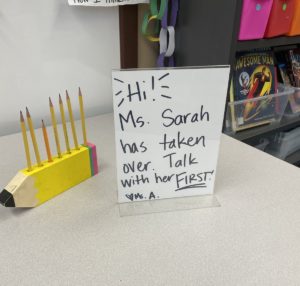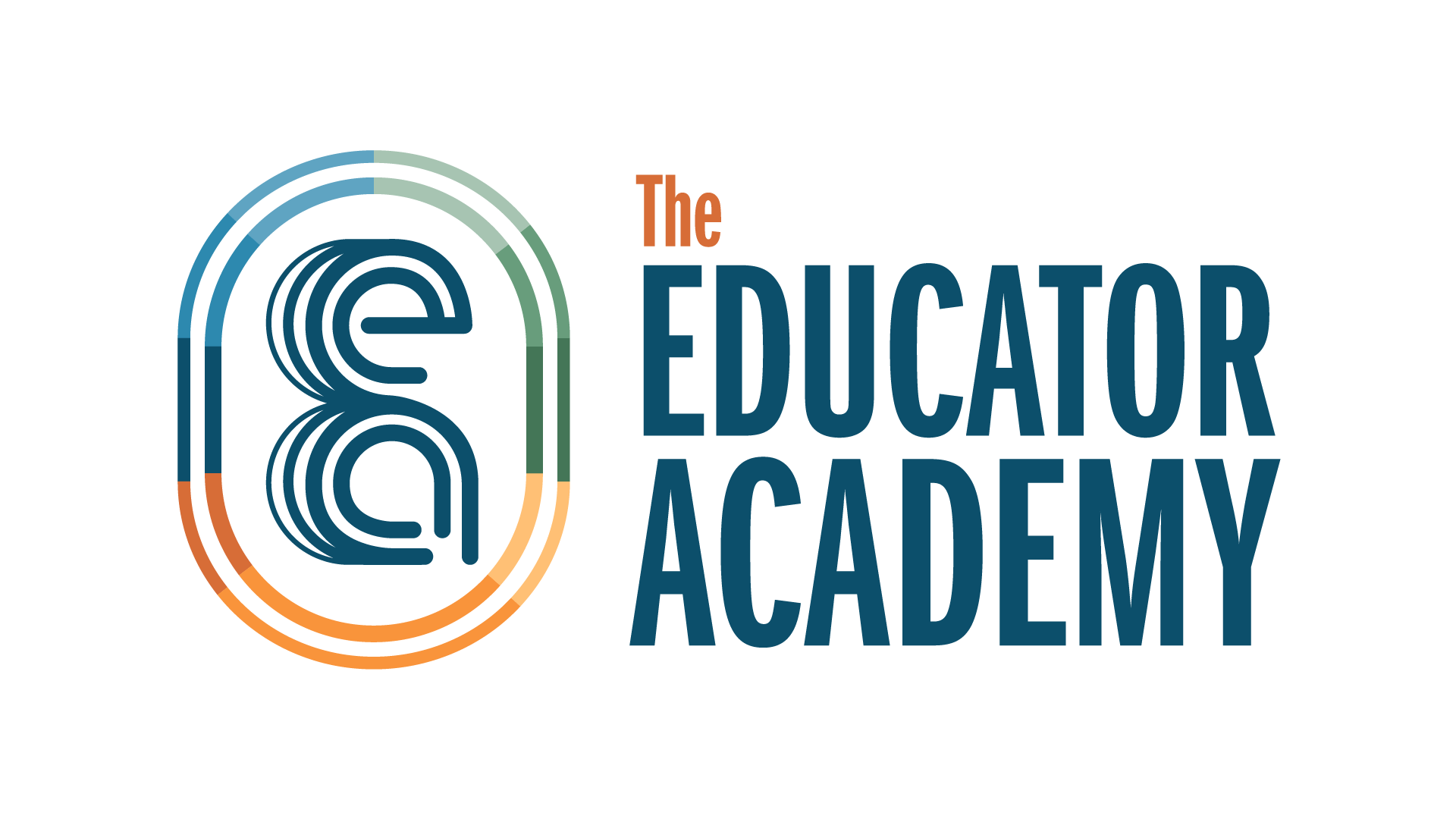
The Educator Academy, formerly the Kansas City Teacher Residency is a teacher preparation and support program. Our mission is to cultivate and sustain empowered educators in creating equitable classroom experiences for all students. This blog was written before our rebrand. While our name has changed, our vision to make an equitable education system a reality has remained. Any reference in this post to KCTR is referring to The Educator Academy as an organization and or The EA’s teacher residency program.
Through The Educator Academy’s Residency model, members are placed with a Mentor teacher to observe, learn, practice, and develop their teaching skills. While many teacher preparation models emphasize coursework for preparation, our model emphasizes hands-on experience with students. Residents spend 1 day a week in The Educator Academy coursework and 4 days in their Mentor teacher’s classroom. This set-up exposes them to the ins and outs of the classroom.
Throughout the Residency year, Residents gradually take on more responsibility. Residents start by observing and supporting the Mentor, and by the end of the school year, they are able to lead full days of instruction. Below, Cohort 6 Resident Sarah Jordan shares her experience through her Resident “takeover” where she led multiple days of instruction. Read below to hear about her experience and what you might expect through the gradual release model!
It’s My Classroom Now
In my first week in the classroom, I was little more than an observer. I was the person who “stands behind us and breathes,” according to one eloquent student. But I didn’t mind. My program, the The Educator Academy (The Educator Academy), had prepared me for this. My instructors had been clear telling us that, “At first, you’ll take over leading a transition to the bathroom, but you’ll take on more and more responsibility as the year goes on.” It goes without saying that they were right. From leading a simple transition to the bathroom to teaching my first lesson, to taking over the class on my first full day, the milestones just keep coming because now, it’s time for the takeover.
The Takeover

The takeover is the ultimate test of our readiness to go from resident to teacher. For twelve consecutive days everything in the classroom is all up to me. Lesson planning? Me. Grading? Me. Parent newsletter? Me. My mentor teacher even made a small desk in the back with a sign that says “Hi! Ms. Sarah has taken over. Talk with her FIRST!”
Daily Teacher Requirements
I’ll readily admit, it can be nerve wracking knowing that I need to plan, prep, and lead every moment of the school day for twelve days. In our English Language Arts and Social Student classroom, my fifth graders have a lot going on! Every morning community building time, followed by reading intervention and extension small groups. Then, we have a writing lesson, followed by our novel study, where we spend time reading, writing and talking about the novel, Refugee by Alan Gratz. Next, comes lunch, specials, a social studies lesson, recess, more community time and finally, dismissal. Not to mention, I need to fit in two bathroom breaks and a brain break somewhere in between!
Believing in Myself, and my Students
In spite of the packed schedule, I know we can do it. My students have their ups and downs, but over the course of this year, we’ve built a mutual respect and trust. I can still clearly recall the first time I cashed in some of that rapport with a student. He quietly, but very seriously looked at me and said, “I can’t do this.” And I told him, “We only need to try.” That disgruntled look, followed by grumbling and slowly picking up his pencil might not seem like a win to some, but I remember the beginning of the year. Back then, this student would dramatically and repeatedly fall on the ground and refuse to get up anytime he perceived a task as too hard. Seeing that progress helps me remember that, even when it’s not all rainbows and unicorns, I’m leaving this experience with the tools to be a stronger educator.
And it’s not just me noticing my progress. My student who once described me as standing behind them and breathing, recently said “You actually do stuff now.” It is with that touching sentiment, that I can confidently say, “It’s my classroom now.”

